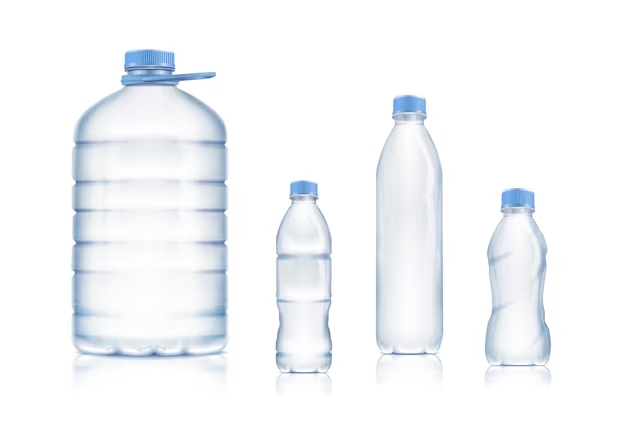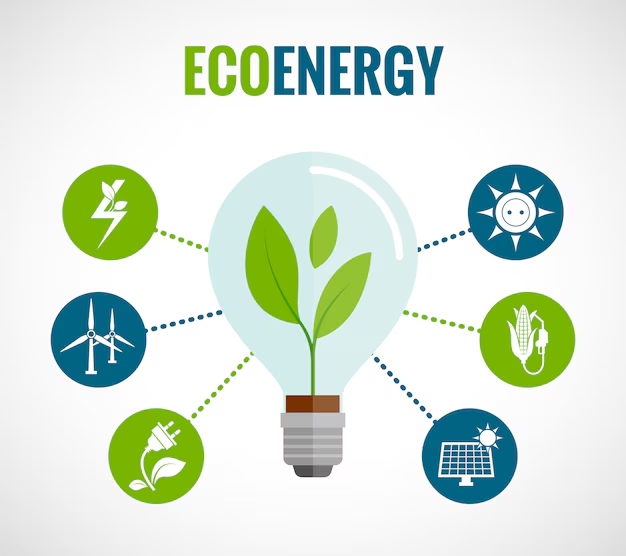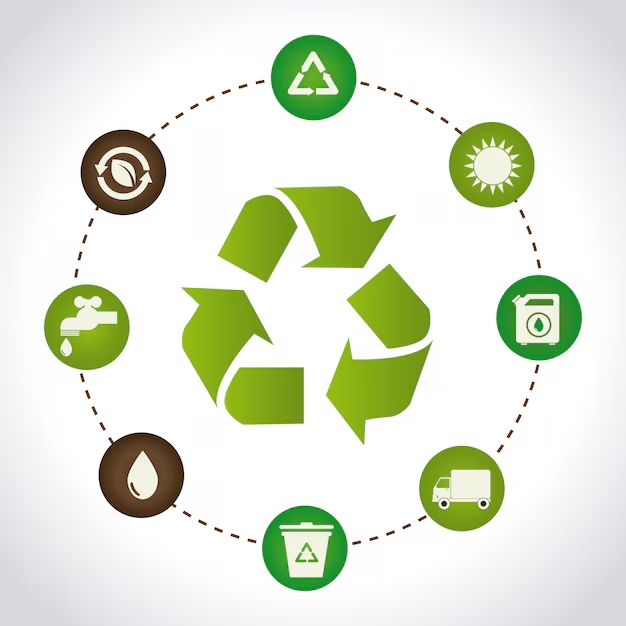Introduction:
India is stepping up its efforts to tackle plastic waste through a series of new regulatory measures that aim to improve plastic waste management and accountability. As part of the country’s ongoing commitment to environmental sustainability, these updates to the Plastic Waste Management Rules, effective from July 1, 2025, mark a significant milestone in the fight against plastic pollution.
Key Highlights:
1. Key Changes to Plastic Waste Management Rules India is implementing stricter rules under the Plastic Waste Management (PWM) Act. The new regulations focus on tracking plastic packaging waste from its source to its final disposal, enhancing transparency in the waste management process. This includes:
- Producers, importers, and brand owners must provide detailed information on plastic packaging, including the thickness of the packaging and the manufacturer's name and registration number.
- Use of barcodes, QR codes, and unique identification numbers will now be mandatory on plastic packaging to improve traceability.
2. The Role of Extended Producer Responsibility (EPR)The government is strengthening the EPR system, which holds producers accountable for the entire lifecycle of plastic products, from production to disposal. These regulations will ensure that brands are responsible for collecting and recycling their packaging materials, encouraging them to use sustainable materials and adopt recycling technologies.
3. Increased Penalties for Non-Compliance Companies failing to comply with these new rules will face severe penalties. This includes escalating fines on a daily basis, and in extreme cases, jail time for repeat offenders. The new penalties are designed to ensure that businesses take their responsibilities seriously and contribute to a more sustainable future.
4. The Bigger Picture: India’s Fight Against Plastic Pollution These regulations are part of India’s broader strategy to reduce plastic waste, which has been a growing environmental concern. India is one of the largest contributors to global plastic waste, and these measures are expected to reduce pollution levels significantly.
Conclusion:
With the new plastic waste tracking regulations in place, India is aiming to take a major step toward reducing plastic pollution. By holding producers accountable, improving recycling efforts, and enforcing strict penalties for non-compliance, the country is set to make a tangible difference in its battle against plastic waste. Businesses and consumers alike must adapt to these changes to ensure a cleaner and more sustainable future.










